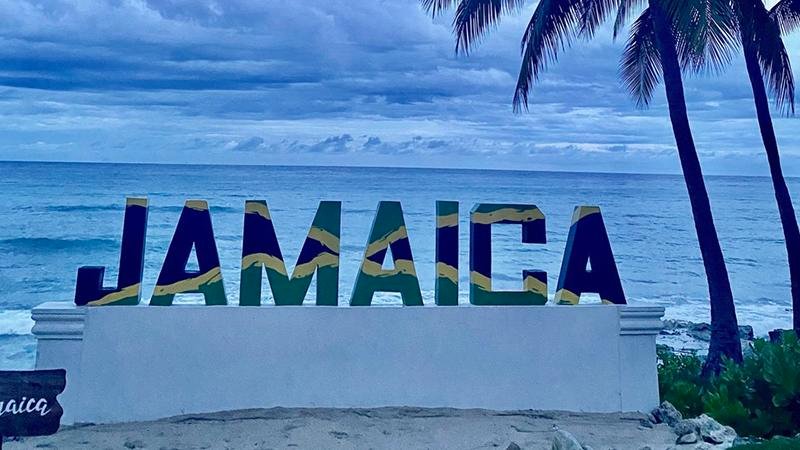Jamaica’s tourism industry is currently facing significant disruption as hotel workers at several prominent establishments, including Secrets, Breathless resorts, and Iberostar in Montego Bay, have initiated strikes. This wave of industrial action comes amid growing demands for better wages and improved working conditions, highlighting the ongoing challenges within the hospitality sector.
Unrest in Montego Bay: The Strikes Begin
Workers at the Secrets Resort and Breathless Resorts have taken a firm stance, walking off the job to voice their grievances related to inadequate pay and lack of proper benefits. Simultaneously, staff at Iberostar have also joined the protests, urging management to address their concerns seriously. These strikes mark a significant escalation in the ongoing labor disputes affecting Jamaica’s lucrative tourism sector, which has been a vital contributor to the island’s economy.
Demands for Better Compensation
The striking workers are advocating for wages that reflect the rising cost of living in Jamaica. Reports have shown a growing disparity between the earnings of hotel staff and the profitability of resorts, creating a climate of discontent. Union representatives emphasize that the hospitality workforce has played an essential role in the recovery of tourism, particularly in the wake of the COVID-19 pandemic. Therefore, they argue that fair compensation is not merely an issue of equality but one of justice.
Impact on Local Tourism
The strikes are projected to have broader implications for Jamaica’s tourism industry. Montego Bay is a popular destination, attracting thousands of tourists each year. The ongoing labor actions could deter potential visitors and affect overall hotel occupancy rates. This situation calls for immediate intervention from government officials and industry leaders to mediate and resolve the conflict to prevent long-term damage to Jamaica’s tourism reputation.
Industry Responses and Future Outlook
In response to the strikes, resort management has stated their commitment to ensuring operational continuity while also expressing a willingness to engage in discussions with workers. However, the efficacy of these negotiations remains uncertain. Industry stakeholders are closely monitoring the situation, as the strikes could signal a larger trend toward labor activism within the Caribbean tourism sector.
Conclusion: A Call for Change
The strikes at Montego Bay’s hotels represent more than just temporary disruptions; they signal a critical moment for Jamaica’s tourism industry. As tourism plays a vital role in the nation’s economy, addressing workers’ concerns proactively could set a precedent for labor relations across the region. To learn more about the implications of labor movements in the tourism sector, visit The Jamaica Gleaner for updates and insights.
For further assistance and support for local businesses, refer to Jamaica Tourism Board, which provides valuable resources for both tourists and industry workers alike.
As the situation develops, it will be vital to watch how both sides negotiate a path forward that honors the contributions of hotel workers while preserving the integrity of Jamaica’s flourishing tourism industry.



